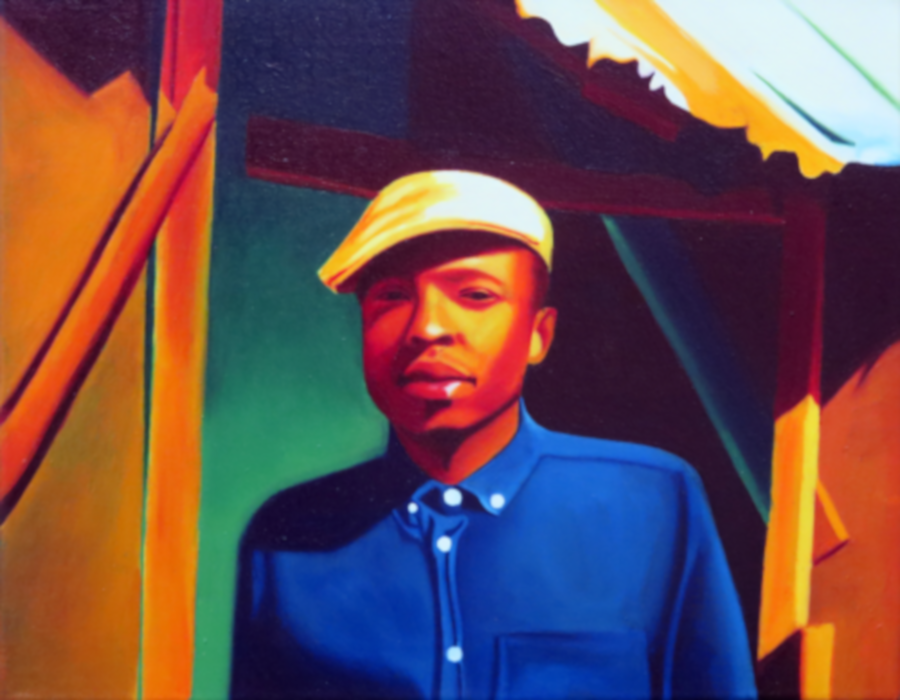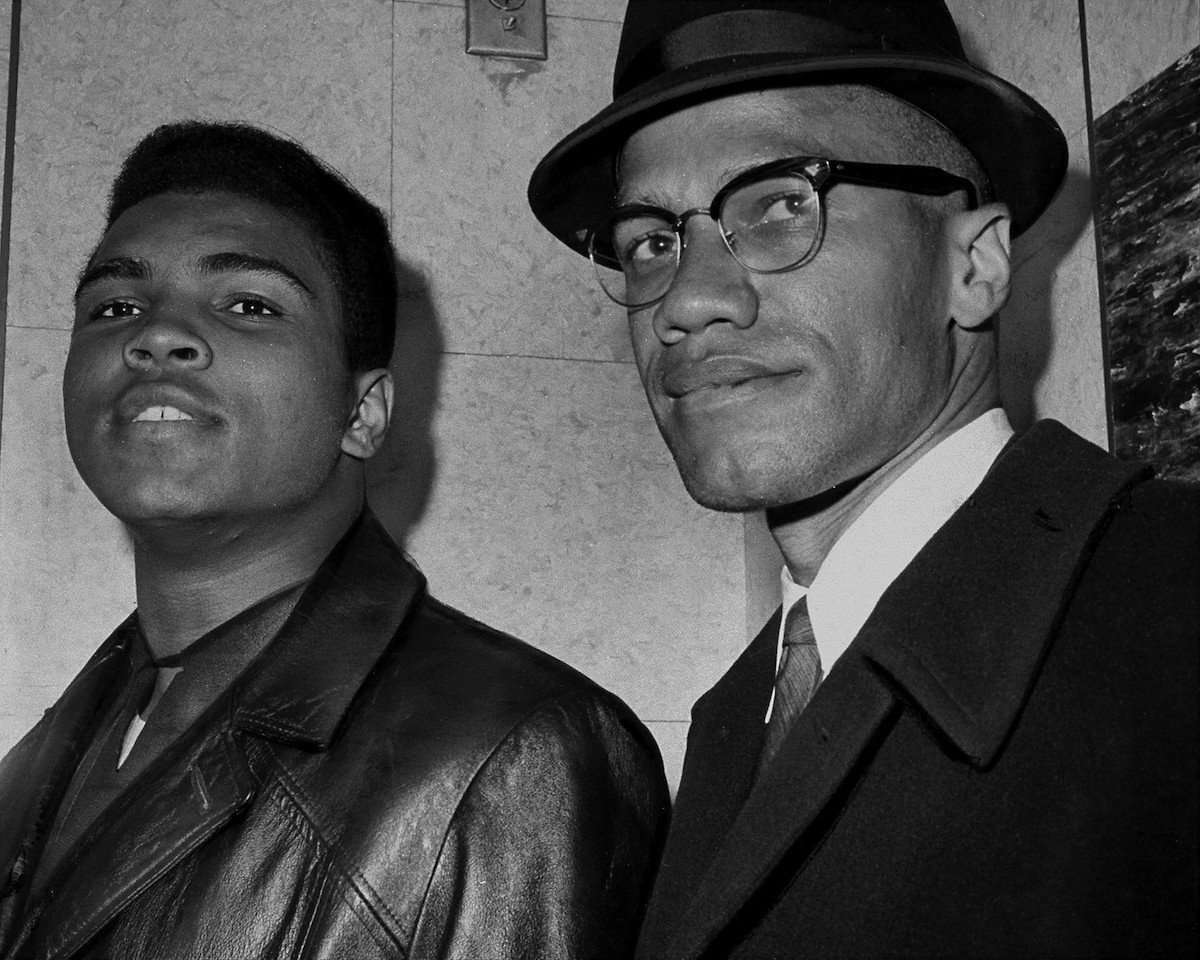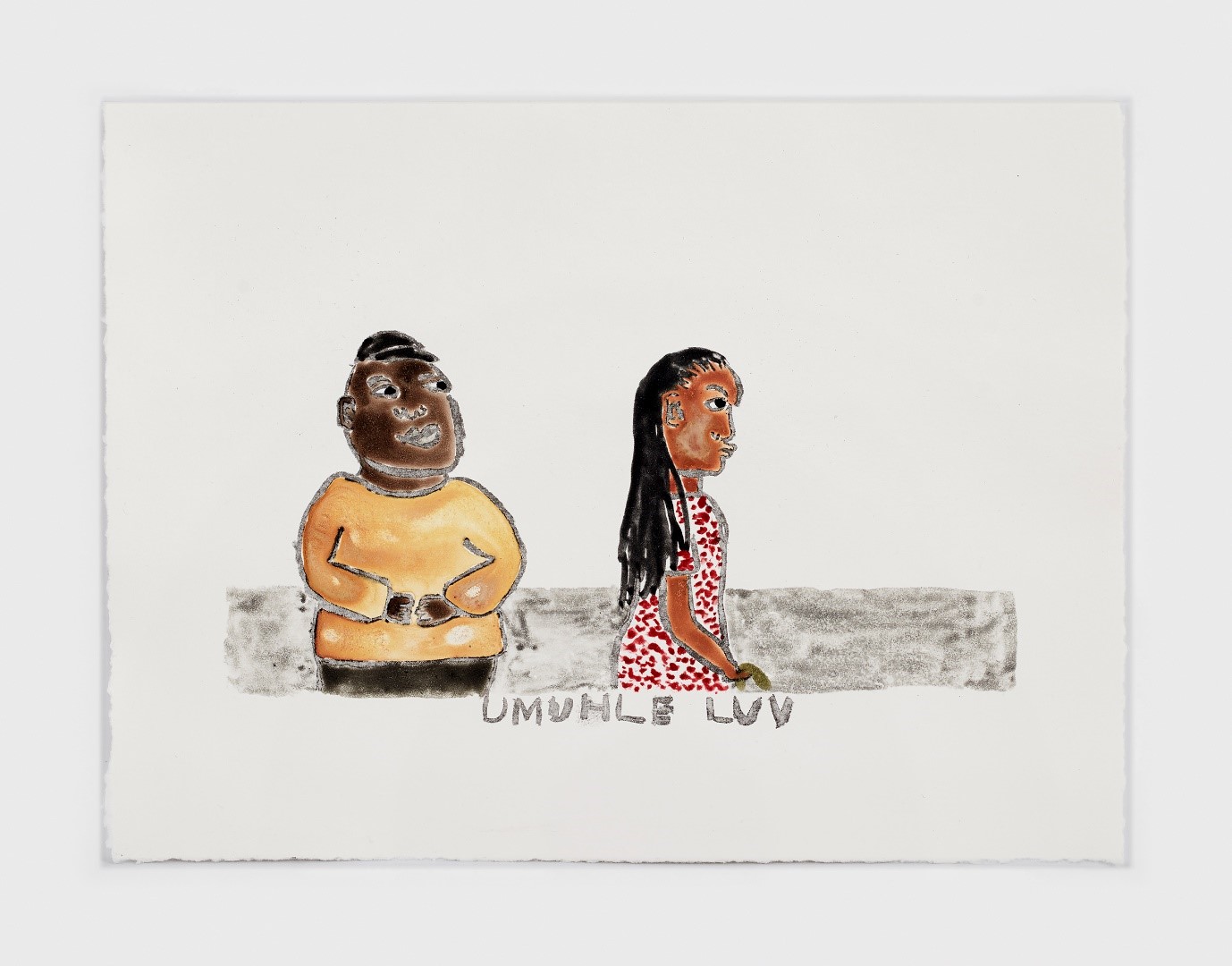upon receiving the job offer many of us give thanks, and so we say, "God blessed me with a job. ngyabonga". yet two months down the line we cry foul, "deadlines kill me, i really cannot feel myself, i know God will come in handy. i can't take it anymore here".
another job offer comes after scavenging on the internet, "oh my God, thank you. who/what can i be without you Lord? absolutely nothing". again, a few months down the line, "my sleeping pattern is disturbed by the nature of my work. sleeping pills no longer suffice. i think i have depression. debts keep piling up".
one of the assumptions in this is that: God can offer someone something worthwhile only to neglect them just like that. so God is an experimenter and uses you as an object of experimentation. God has objectified their creation.
in this, one of the recourses: God could therefore be charged for negligence, if not dishonesty, anytime and could never be trusted? why? because God can't bless you and then allow you to suffer perpetually.
summary of the assumption: God's offers defy expectations. God's offers can't reach (or create) their "logical conclusion" which is a happy life as a result of being employed.
the other assumption could be: God only opens up opportunities, it depends on individuals and how they use them. in this, one either undermines God's effort by cursing their work and therefore abandoning it or by struggling to bring to an end what they may consider unfair and violent power relations.
in the first assumption one of the questions unexplored could be: why instead of seeing a God who somehow abdicates on their responsibility can't we see something else - perhaps a golden stick with thorns at the end (tantalising job offers with inherently exploitative, depressive and indebting realities?).
in the first place why would a supposedly "metaphysical gift" (a job as a blessing, something offered by divine providence) melt in the face of the mundane, of the earthly - meaning, of the political and the economic? is God's power so fickle?
answer (perhaps according to me): we run away from ourselves; we don't want to see ourselves as human beings who are part of the unfolding drama of human realities in the context of particular power relations that determine our fate. as human beings with a role to play in this drama of life. we mechanically insert God, even ancestors, where we are needed and have to assume moral and political responsibility.
the second assumption offers us a half-hearted God - they open up opportunities but end there, the rest is for human beings. also, in that, there is a red flag of what going against what is supposedly an offer from God would mean. out of this would come sentiments like, "human beings are so ungrateful", "ijob ijob, you can't complain, uzodlani?", etc.). a belief comes up therefore that perhaps changing jobs could be a solution to one's problems. but the reality is that under the generalised mode of capitalist relations of production changing jobs is not so much of a solution.
instead of seeing and understanding the nature of power relations in this unfolding drama in the evolution of human society we conveniently ceaselessly invoke gods and ancestors and naturalise the claims we think they have about us. the absence of some end or conclusion consistent with our pleas and yearnings which would be reflective of the weaknesses of gods and ancestors does not create in us a sense that there could be something to this reality beyond them. that is, if it were truly them there would be some "end" reflective of their fidelity to humanity.
or perhaps we have gods and ancestors who believe in putting us on tenterhooks, in the suspension of love, care and compassion to test our loyalty; that is, some bipolar gods and ancestors who give now and a minute down the line sebekwatile abasafuni lutho/ ba kwatile haba sa batla lotho! some narcissistic gods and ancestors who need praises before dishing out goodies to humanity, gods and ancestors of wrath not love, as colonialism sought to tell us?
no. gods and ancestors may have portfolios of divine or metaphysical responsibilities to safeguard and carry out. but they would be impotent outside of us, they are nothing outside of the powers they have given us as human beings, particularly we who are politically, socially, economically and culturally disenfranchised. they can only carry out that through us. if we suspend our capacity to think and act and leave everything to them, we anger them for we refuse to use the power they have given us, through which they would realise themselves. the struggle for a just world is the struggle for our gods and ancestors to realise themselves through us as we too realise ourselves.
if you challenge capitalist wage work, as a moral and political obligation, for instance, because it violates you, it indebts you, it exploits, it depresses you, it makes you anxious about your kids and their tomorrow, it undermines your spiritual and emotional wellbeing, etc. gods and ancestors can in no way be unhappy. why? because they live through you. if you die, they die and their spirits will haunt you because you did not exercise the power they have through you, which they would live and realise their purpose - we are their purpose in motion! we should act and not be acted upon or on behalf of.
after all, our gods and ancestors are relational forces, they are neither transcendental nor metaphysical. so they understand the political struggle in pursuit of the best life on earth and nowhere else! the political struggle closes and therefore undermines the weird metaphysical gap between "angry gods and ancestors" on one hand and the supposedly "ever-sinful" and "inherently damned" human beings on the other. the suspension of revolutionary political agitation is therefore nothing else but the invitation of the wrath of gods and ancestors on us! we simply cannot afford that!
we must therefore undermine capitalist wage labour for us to experience the world as our own, and for our gods and ancestors to realise themselves through us. an alternative world is not only possible but also necessary, we must realise it.





















